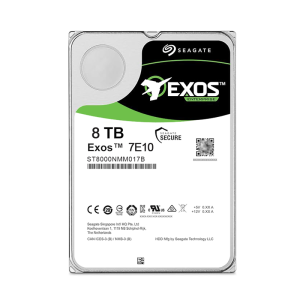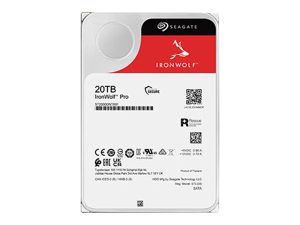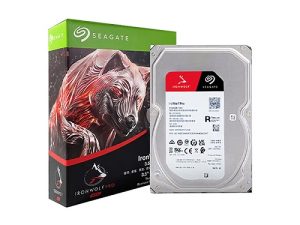In the ever-evolving world of data storage, choosing the right type of drive for your NAS (Network Attached Storage) system is crucial for optimal performance and reliability. Today, we’ll explore the differences between HDDs and SSDs in the context of NAS usage and help you make an informed decision.
1. Understanding HDDs and SSDs for NAS
When setting up a NAS system, one of the primary considerations is whether to use HDDs (Hard Disk Drives) or SSDs (Solid State Drives). HDDs are traditional spinning drives that offer large storage capacities at a lower cost per GB. On the other hand, SSDs are faster, quieter, and more durable due to their lack of moving parts. But which one is best for your NAS setup?
2. Factors to Consider: Performance
Performance is a key factor in choosing between HDDs and SSDs for NAS. SSDs significantly outperform HDDs in terms of data transfer speeds, which is beneficial if your NAS is frequently accessed or if you need to transfer large amounts of data quickly. However, for most home or small office setups, the speed advantage of SSDs may not be as critical.
3. Factors to Consider: Storage Capacity
Storage capacity is another important consideration. HDDs typically offer higher storage capacities at a lower cost per GB. If your primary concern is storing a large amount of data, such as media files, HDDs may be the more cost-effective option. However, if your data storage needs are moderate and speed is a priority, SSDs could be a better choice.
4. Factors to Consider: Reliability and Durability
Reliability and durability are also essential when choosing storage for your NAS. SSDs, with no moving parts, are generally more durable and less prone to mechanical failure than HDDs. This makes SSDs a better option for environments where the NAS may be subject to physical vibrations or rough handling.
5. Factors to Consider: Cost and Budget
Finally, cost and budget play a significant role in the decision-making process. HDDs are generally more affordable than SSDs, especially when looking at the cost per GB. If budget constraints are a concern, HDDs may be the more viable option. However, if you’re willing to invest more for better performance and reliability, SSDs could offer a better long-term value.
In conclusion, the choice between HDDs and SSDs for your NAS depends on your specific needs, budget, and performance requirements. Now, let’s explore how Seagate’s enterprise-grade HDDs fit into this equation.
When considering Seagate as your provider for HDDs, you gain several advantages. As a Seagate enterprise-grade HDD distributor, we offer the following benefits:
- Quality Products: Seagate is renowned for producing high-quality, reliable HDDs suitable for a range of applications, including NAS systems.
- Transaction Security: We ensure secure transactions and reliable supply chains, giving you peace of mind.
- Stable Supply: We offer stable供货, ensuring that you always have the products you need when you need them.
- 3-Year Warranty: All Seagate enterprise-grade HDDs come with a 3-year warranty for your assurance.
- After-Sales Support: Our dedicated after-sales team is ready to assist with any issues or questions you may have.
Choosing HUAYI INTERNATIONAL LIMITED for your HDD needs ensures that you receive high-quality products and exceptional service. Contact us today to learn more about our offerings and how we can help meet your storage requirements.




